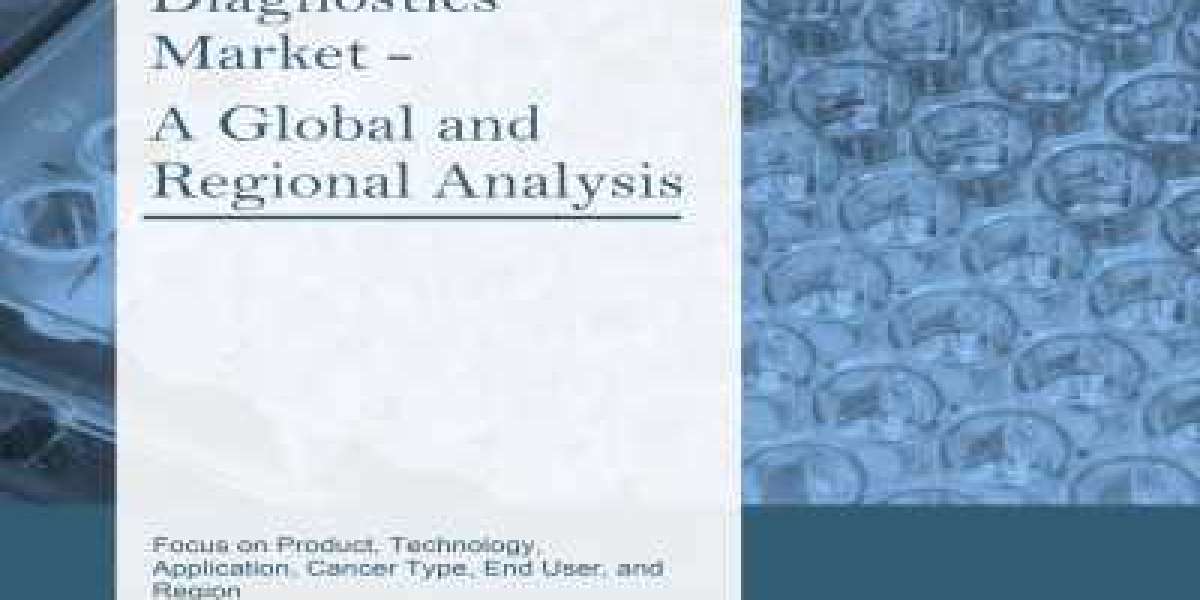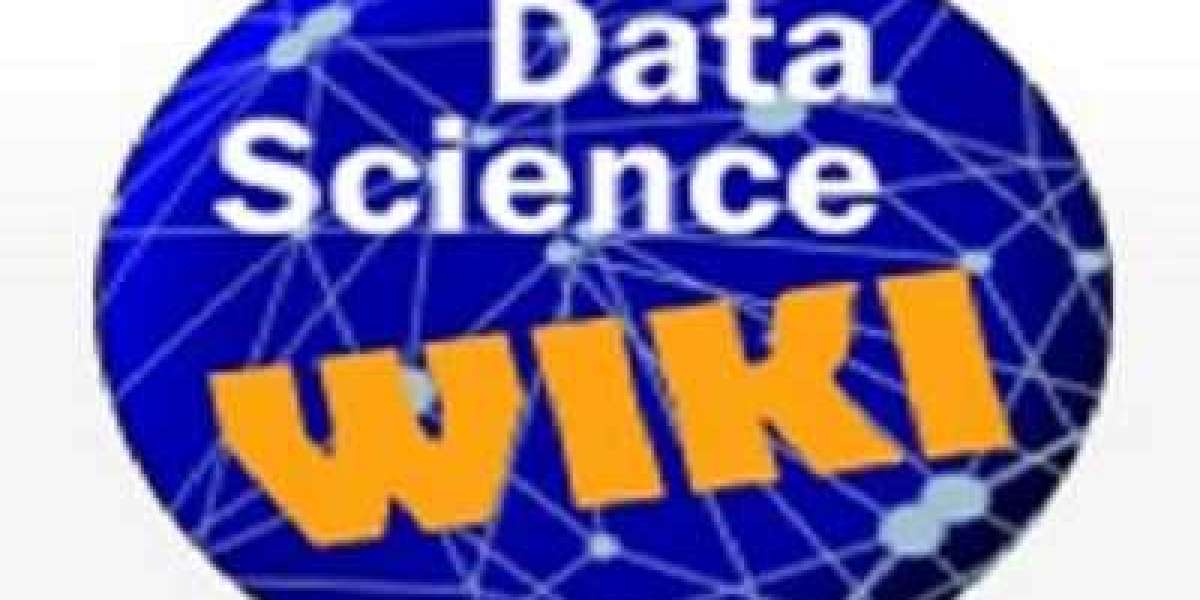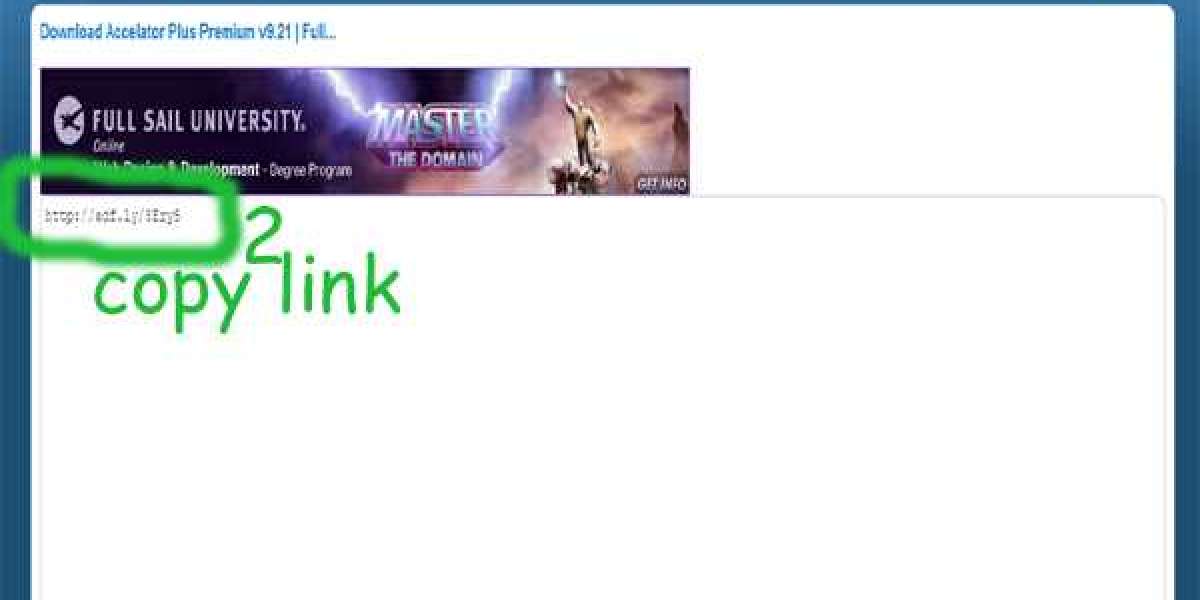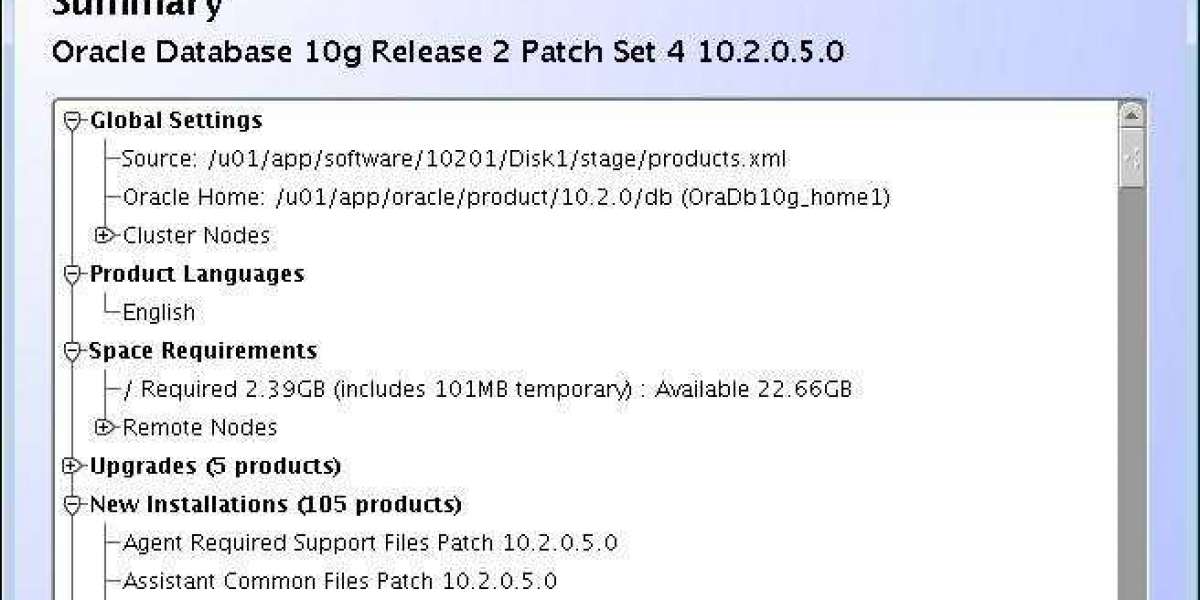Molecular oncology diagnostics play an essential role in the diagnosis and prognosis of different types of cancers and in improving patient outcomes. Over the last decade, cancer treatment and diagnostics has become a major public health concern across the globe. With over 1.5 million instances reported each year, diseases like cancer can have far-reaching implications for individuals as well as a greater influence on the socioeconomic strata. The market for appropriate testing assay kits is expanding rapidly, owing to the increased importance of early diagnosis to minimize further hazards, especially with rates on the rise.
The global molecular oncology diagnostics market was valued at $3,620.6 million in 2021 and is anticipated to reach $12,130.5 million by 2032, witnessing a CAGR of 11.43% during the forecast period 2022-2032. The growth in the global molecular oncology diagnostics market is expected to be driven by the rising prevalence of cancers and increased transformations in biomarker identification.

Impact of COVID-19
Cancer screening is crucial for early cancer detection; however, COVID-19 slowed the cancer screening infrastructure greatly. Many cancer organizations have championed the idea of suspending cancer screening services to patients to alter the provision of health care resources. According to the declaration of a national emergency in the U.S. on March 13th, 2020, organizations such as the American Cancer Society advised people to put their cancer screening plans on hold until further notice during the COVID-19 outbreak. Cancer screening services have been severely disrupted because of this proposal, as well as other contextual circumstances (e.g., social exclusion measures).
In response to the COVID-19 pandemic and the impact on medical research in the U.S., the National Institutes of Health (NIH) and the National Cancer Institute (NCI) both extended grant application deadlines, laid back reporting requirements, and offer flexibility in how to grant money is spent. COVID-19 drastically reduced fundraising possibilities for cancer-focused charitable research organizations, which provide up to half of all cancer research funding in the U.S. and frequently fund high-risk, high-reward projects even though the national government supported research work and offered medical researchers the flexibility to implement their skill set and knowledge to studying SARSCoV-2.
Recent Developments in the Global Molecular Oncology Diagnostics Market
• In August 2022, Guardant Health expanded its Guardant Reveal usage, a liquid biopsy test for residual disease detection and recurrence monitoring, to include early-stage breast and lung cancers. It is the only tissue-free test used for colorectal cancer (CRC) and is now available for patients with breast and lung cancer.
• In December 2021, QIAGEN partnered with Denovo Biopharma to develop a companion diagnostic test for the treatment of diffuse large B-cell lymphoma. This test identified patients expressing Denovo genomic marker 1 (DGM1), which responded to Denovo’s investigational cancer drug DB102.
• In September 2021, Illumina partnered with Merck to develop and commercialize research tests for use in identifying specific cancer genetic mutations used in the assessment of homologous recombination deficiency (HRD).
• In August 2021, Agilent Technologies, Inc. expanded its CE-IVD marked PD-L1 IHC 22C3 pharmDx assay usage in Europe. This assay was used as an aid in identifying esophageal cancer patients for treatments with KEYTRUDA using a combined positive score.
Demand - Drivers and Limitations
Following are the demand drivers for the global molecular oncology diagnostics market:
• Rising Incidence of Cancer Cases
• Launch of Innovative Products in Molecular Oncology Diagnostics Ecosystem
• Growth in Biomarker identification and Transformations in Molecular Techniques
The market is expected to face some limitations due to the following challenges:
• Lack of Qualified Professionals
• Opaque Regulatory Framework Delaying the Approval of New Molecular Diagnostic Tests
• High Cost of Equipment Hindering the Adoption Rate
Key Market Players and Competition Synopsis
The companies that are profiled have been selected based on inputs gathered from primary experts, analyzing company coverage, product portfolio, and market penetration.
Some of the prominent names in this market are:
• Agilent Technologies, Inc.
• Abbott.
• Biocartis NV
• Bio-Rad Laboratories, Inc.
• F. Hoffmann-La Roche Ltd.
• QIAGEN N.V.
• Thermo Fisher Scientific, Inc.
• Danaher.
• Guardant Health
• HTG Molecular Diagnostics, Inc.
• Illumina, Inc.
• Invivoscribe, Inc.
• Myriad Genetics, Inc.
• Sysmex Corporation
Key Questions Answered in the Report
- What are the major market drivers, challenges, and opportunities and their respective impacts in the global molecular oncology diagnostics market?
- What are the underlying structures resulting in the emerging trends within the global molecular oncology diagnostics market?
- What is the current market demand, along with future expected demand for the global molecular oncology diagnostics market?
- What are the key development strategies that have been implemented by the major players in order to sustain the competitive market?
- Which potential entry barriers are expected to be faced by the companies willing to enter the global molecular oncology diagnostics market?
BIS Related Studies
Molecular Diagnostics Market - A Global and Regional Analysis








